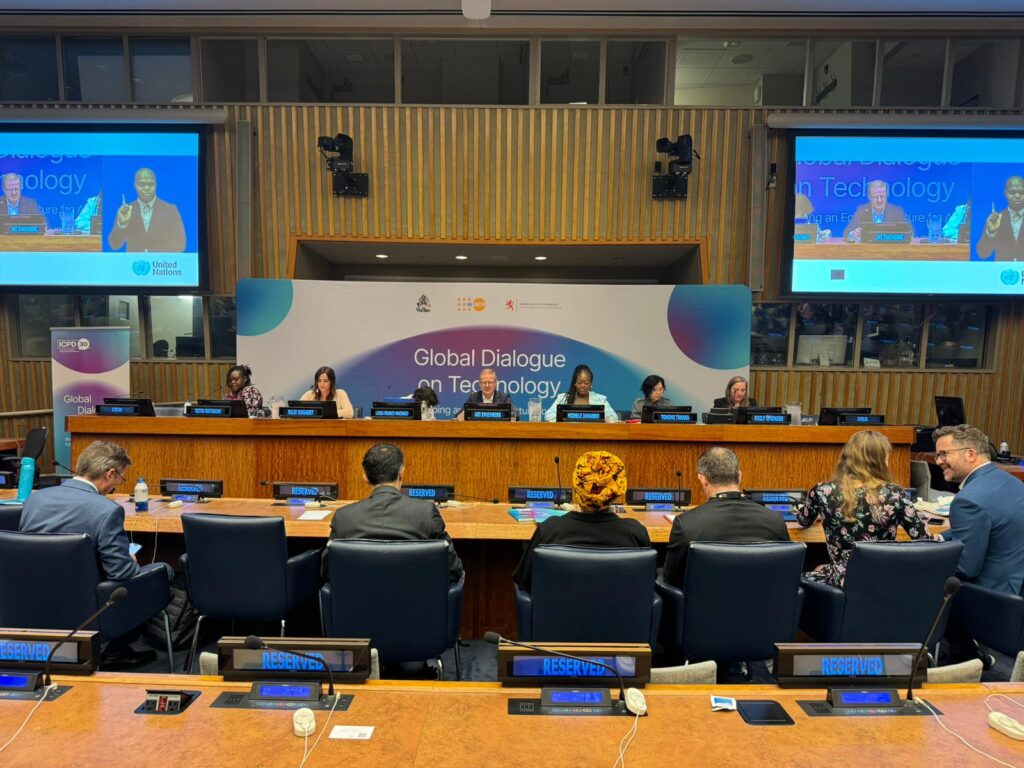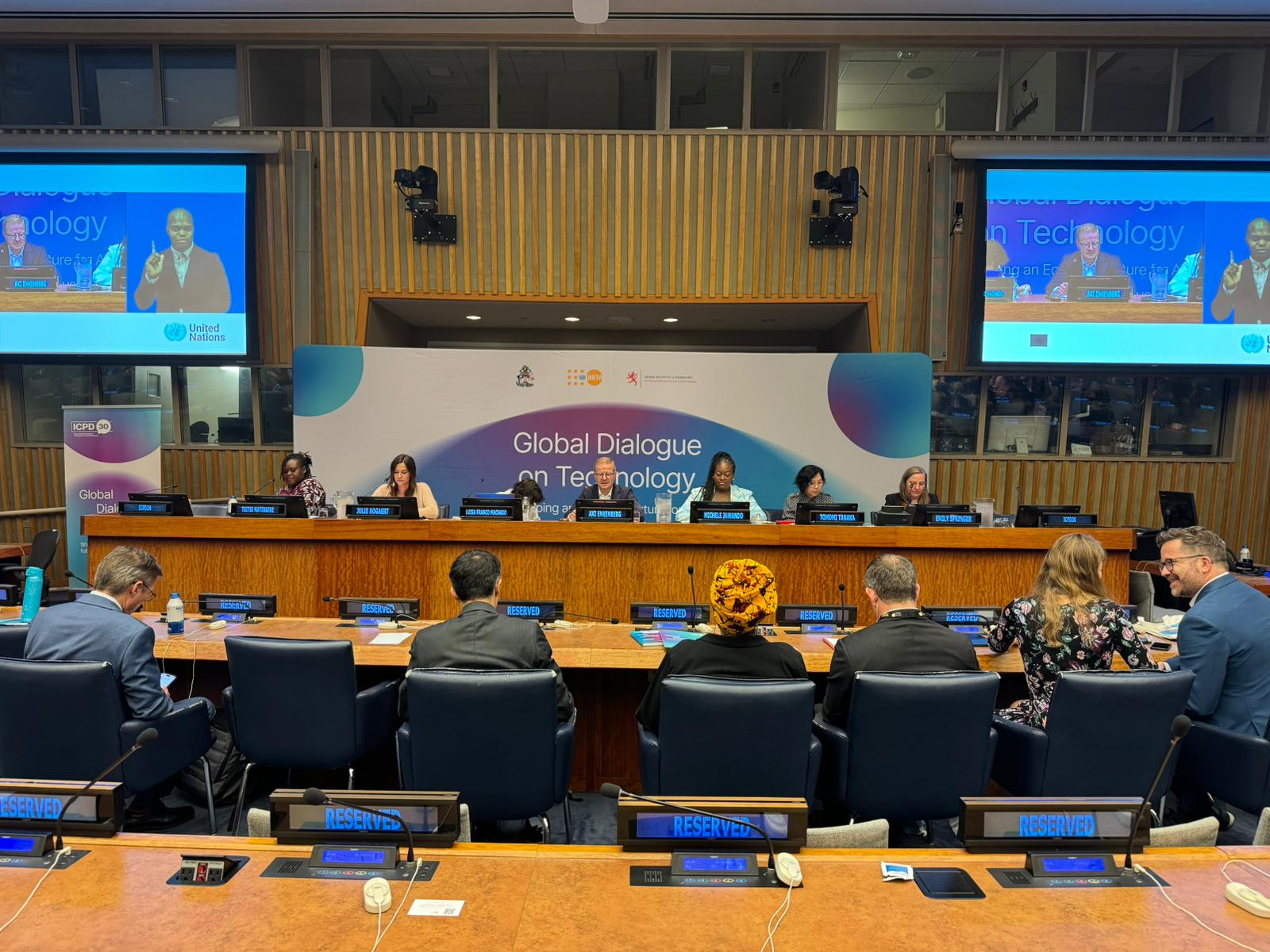I had the honor of participating as a panelist in the session titled “Rights-Based, Inclusive and Equitable Technology: Driver of Progress for Women and Girls” at the United Nations Headquarters in New York on June 27, 2024.
Session Overview
Moderated by Aki Enkenberg from the Ministry for Foreign Affairs of Finland, the session featured an impressive lineup of speakers, including Michele Jawando, Julie Bogaert, Luisa Machado, Dr. Emily Springer, and Tsitsi Matekaire. Each speaker brought unique insights into the intersection of technology, gender equality, and human rights.
Key Takeaways from the Panel
The discussion explored how various technologies, particularly AI, can be harnessed to empower women and girls while ensuring a rights-based approach to development. Here are some of the key points:
- Rights-Based Technology Development: We emphasized the importance of integrating human rights principles like participation, non-discrimination, equality, and empowerment throughout the development and deployment of technology.
- Combating Bias in AI: A critical challenge is mitigating bias in AI systems, which can perpetuate existing inequalities. Panelists discussed the need for proactive bias detection tools and development practices that prioritize fairness.
- Digital Literacy for All: Equipping women and girls with digital literacy skills is essential. This includes understanding potential risks associated with technology and how to navigate them safely. Initiatives like the UNFPA’s Digital Dividend for Gender Equality program were mentioned as a positive step forward.
- Ethical Guidelines for Generative AI: The panel highlighted the need for comprehensive ethical guidelines, especially for generative AI (GenAI), to guide the evolving relationship between humans and AI. These guidelines can help ensure transparency, accountability, and responsible development.
- Balancing Innovation and Regulation: Striking a balance between fostering innovation and establishing regulatory frameworks that protect human rights is crucial. Michele Jawando offered valuable insights on how organizations can navigate this balance to achieve both progress and responsible development.pen_spark
My Contributions
As a panelist, I shared my insights on the importance of Safety by Design in AI development. Here are some of the points I emphasized:
- Safety by Design in GenAI Projects: Safety by Design is crucial for developing safe and reliable AI products. It ensures that safety considerations are integrated throughout the entire development lifecycle, from the ideation phase to post-launch evaluations.
- Understanding Human-AI Interactions: Human-AI interactions present unique safety concerns. My background in behavioral science allows me to analyze these interactions and design AI systems that promote positive behaviors and protect users.
- The Urgent Need for Safeguards: Building comprehensive safety policies and safeguards is crucial to address the potential harms of AI, including the translation of online behaviors into physical spaces.
Conclusion
Participating in this session was an enlightening experience, highlighting the critical role of rights-based, inclusive, and equitable technology in advancing gender equality. The insights shared by my fellow panelists and the discussions we had are crucial steps towards building a future where technology empowers all individuals, particularly women and girls.
It was an amazing session, and the panelists were passionate and deeply connected with each other. I look forward to continuing the conversation.


